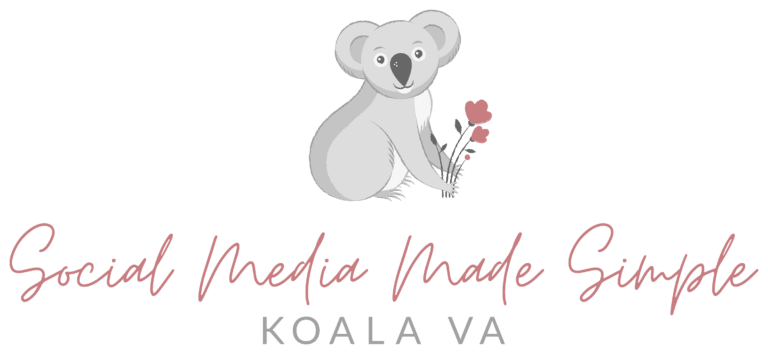Social media burnout is a real and growing problem in the business world. With so much pressure to be constantly connected and present on various social media platforms, it’s no wonder that many therapists are starting to feel burnt out and overwhelmed.
In this article, we’ll take a look at some of the signs of social media burnout therapist need to look out for and what you can do to avoid it.
Signs of social media burnout
You feel exhausted
One of the most common signs of social media burnout is feeling exhausted or drained after spending time on social media.
This can be due to the constant stream of notifications and messages that come from being connected to social media. But it can also be caused by the pressure to constantly update and engage with your followers, which can be mentally and emotionally exhausting.
You’ve lost interest
You might also be at risk of social media burnout if you’re losing interest in the platforms you once enjoyed. If you used to love scrolling through your Facebook feed or checking out the latest memes on Instagram but now find yourself feeling bored or uninterested, this could be a sign that you’re starting to burn out!
You have serious FOMO
Another common sign of social media burnout is feeling anxious or stressed when you’re not on social media.
This can be due to the fear of missing out (FOMO) or the feeling that you’re not keeping up with what’s going on in the world or in your business.
It can also be caused by the constant need to check your notifications and respond to messages, which can create a sense of urgency and pressure.
How to avoid social media burnout
So, what can you do to avoid social media burnout? Here are my top 6 tips:
#1. Take regular breaks from social media. It’s important to give yourself a break from the constant stream of information and stimuli that come from being connected to social media. Try setting aside specific times each day when you won’t be on social media, and stick to them. This will give you a chance to recharge and reconnect with the world around you.
#2. Be selective about the social media platforms you use. There are so many different social media platforms out there, and it’s easy to feel like you have to be on all of them. But this can be overwhelming and exhausting. Instead, choose 1-2 platforms that you enjoy and that add value to your life/business, and stick to those.
#3. Limit your time on social media. It’s easy to lose track of time when you’re scrolling through your feeds or engaging with others on social media. To avoid this, try setting a time limit for yourself each day. This will help you stay focused and prevent you from getting sucked into the endless scroll.
#4. Disconnect when you’re feeling overwhelmed. If you’re starting to feel burnt out or overwhelmed by social media, it’s important to take a step back and disconnect. This can be as simple as turning off your notifications or logging out of your accounts for a while. Taking a break will give you a chance to recharge and come back to social media with a fresh perspective.
#5. Curate your feed. Is there an account that’s always surrounded by drama? Unfollow them. Can’t help comparing yourself to other therapists? Mute them!
#6. Create a strategy. A lot of the overwhelm that comes from social media for therapists is due to not having a clear plan in place. By creating a social media strategy, you won’t need to rely on panic posting and scrolling for hours without a focus.
By being mindful of your social media use and taking steps to avoid burnout, you can enjoy the business benefits of being connected without feeling drained or overwhelmed.
Need a social media strategy for your private practice? Book a FREE discovery call to discuss a bespoke plan for your business.
